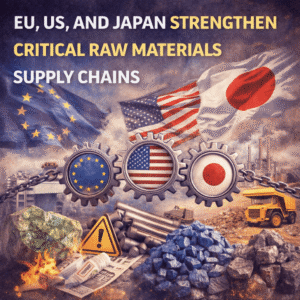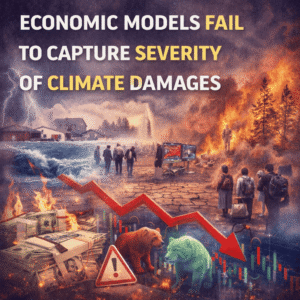

CEO of The Nutrition Society
Under Mark Hollingsworth’s aegis as CEO of The Nutrition Society, the Society has witnessed itself getting transformed into a more contemporary strategically-focused organization while maintaining the important historical traditions of being a learned scientific society. Embedded into this has been a focus on developing transparency through a focus on strong ethical leadership. This strategic work of transparency has been a vital opportunity to look to communicate with members and stakeholders to explain not just the impact of the activities of the Society but also the decision-making processes involved. This a complex area of leadership, both at the individual and collective level.
According to Mark, trust and integrity are the cornerstones of the highest standards of personal and professional behavior – a key component of that behavior is transparency. “Ethical leadership is that which is directed by respect for ethical beliefs, values and for the dignity and rights of others. It is related to concepts such as trust, honesty, consideration and fairness,” he explains. Transparency opens up the possibility to gain insight into a solution that may not have been possible if only a select number of myself, the trustees, or staff are only aware. “To create this sort of ethics-focused organizational culture, starts at the top. I believed, based on my leadership training and background in the military, ethical leaders can have a tremendous impact on how people in the organization behave and how they achieve the objectives,” says Mark. Transparency opens up the possibility to gain insight into a solution that may not have been possible if only a select number of myself, the trustees, or staff are only aware.
“To create this sort of ethics-focused organizational culture, starts at the top. I believed, based on my leadership training and background in the military, ethical leaders can have a tremendous impact on how people in the organization behave and how they achieve the objectives,” says Mark.
“This strong ethical leadership has become embedded across all aspects of the Society’s activities.” This includes all leadership members and other key positions championing the importance of ethics, communicating trust, fairness, integrity, openness, compassion, respect. This has created a culture where members and stakeholders trust the information given to them is the truth, good, bad, or indifferent.
The Society was founded in 1941 by eminent scientists, academics, public health, and government policy officials. It was formed to help address the United Kingdom’s nutritional challenges during the early years of the Second World War. “We have a saying in the UK that ‘science knows no borders’. Following on from that, although the Society was originally formed of individuals based in the UK, it has, more recently, encouraged individuals from any country in the world to join,” he adds. “The overall aim is to build a series of platforms to enable international collaboration across the nutritional science sector.” That plan seems to be working, as members now represent 85 countries from across the world. The next challenge is to ensure that membership benefits are flexible and personalized so that they recognize the limitations someone, in, say Zambia, may have in accessing them compared to a member in London, UK.
Conferences are the key platform for the discussions and networking so vital for the future of science. The Society hosts six such conferences per year, targeting different groups of members and different research themes. “The pandemic, and the ban on public meetings, made this very challenging to sustain, especially as we had never hosted a virtual online conference before. However, in the space of just 2 months we moved a pre-planned 4 day scientific conference from a conference centre to an online platform, and even sold out the number of delegate places!” Mark adds, “more importantly, it enabled us to offer access to the event for the many international members who normally could not attend for logistical or financial reasons. Now we are focused on building a hybrid form of conference to enable remote access to continue when we return to face-to-face physical conferences this summer.”
The Society uses the funds it receives from its scientific publications to re-invest in the nutritional science community – member benefits. They are, as such, rarely linked to an individual problem. “That said, some of our initiatives have included: funding a research fellowship designed to enable a scientist to return to work after a career break (recognizing the increasing prevalence of such situations); creating a fund to support students who wish to undertake a short summer research project; founding an overarching new body (the Academy of Nutritional Sciences) to act as an umbrella body for all UK scientific nutrition organizations; presenting nutritional science issues to Members of Parliament (helping to position the Society as trusted source of evidence-based science for government policy makers); building a secure online networking platform to enable members from across the world to meet and discuss,” elucidates Mark.
The Society is in the middle of planning its next strategic plan (for 2021-2025), and they are working towards making unique strides in their area of expertise. “However, I can confirm we are excited by the prospect of being able to deliver live screening of our conferences across the world to our members for the first time,” adds Mark. “Moreover, considerable effort is going to be made in expanding our Training Academy to support the professional development needs of early career researchers – in effect building capacity in leadership for the next generation of scientists, succession planning ready for the next 20 years.”

"The overall aim is to build a series of platforms to enable international collaboration across the nutritional science sector.”




© THE CEO PUBLICATION 2021 | All rights reserved. Terms and condition | Privacy and Policy